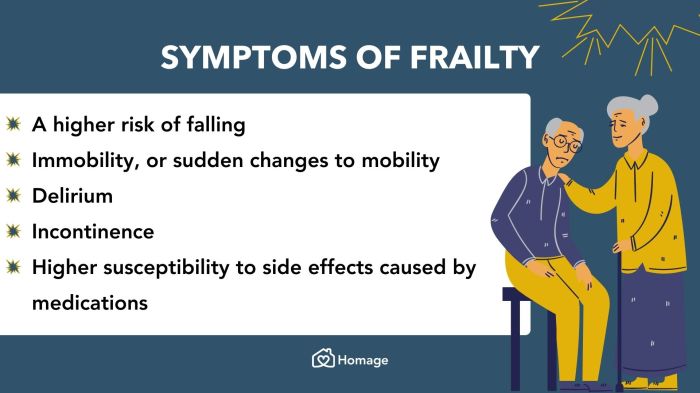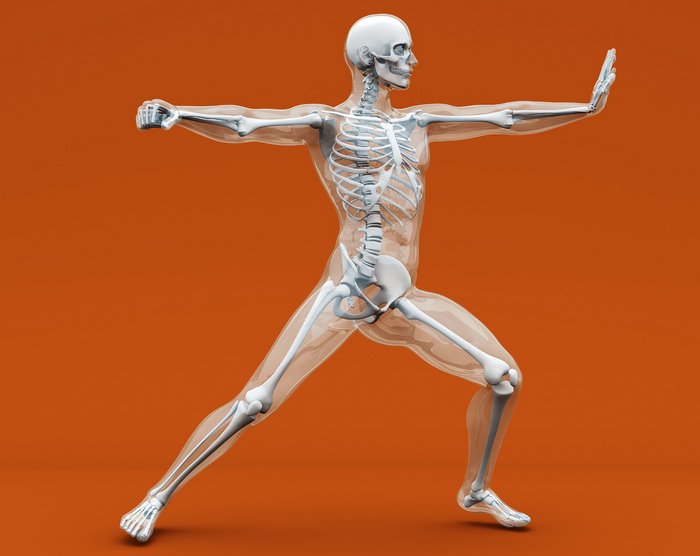Frailty is to strength as shame is to redemption: two sides of the same coin, where one can lead to the other. This intricate relationship, often overlooked, holds immense power in shaping our lives.
In the tapestry of human existence, frailty weaves threads of vulnerability, while strength emerges as the vibrant hues that give it color and resilience. Yet, it is in the interplay of these contrasting forces that true growth and transformation unfold.
Frailty and Strength
Frailty, often associated with physical weakness and vulnerability, stands in stark contrast to strength, which embodies resilience and power. However, in certain situations, frailty can paradoxically become a source of strength.
Individuals who have overcome adversity, such as physical impairments or chronic illnesses, often develop a resilience that enables them to face challenges with determination and courage. Their frailty serves as a reminder of their vulnerability, but also as a catalyst for personal growth and empowerment.
Examples of Frailty Leading to Strength
- Stephen Hawking, despite being confined to a wheelchair due to amyotrophic lateral sclerosis (ALS), made groundbreaking contributions to theoretical physics and cosmology.
- Helen Keller, who was both deaf and blind, became a renowned author, lecturer, and advocate for people with disabilities.
- Malala Yousafzai, a Pakistani activist, was shot by the Taliban for speaking out about the importance of education for girls. Her frailty and vulnerability inspired global support and recognition.
Shame and Redemption

Shame, a deeply uncomfortable emotion that arises from feelings of inadequacy or guilt, can be a powerful force in shaping our lives. While it can lead to self-destructive behaviors and social isolation, shame can also serve as a catalyst for personal growth and transformation.
When individuals confront their shame, acknowledge its source, and take steps to address it, they embark on a journey of redemption. This process involves forgiveness, both of oneself and others, as well as a commitment to living a life that is aligned with one’s values.
Stories of Triumph over Shame
- Nelson Mandela, who spent 27 years in prison for his fight against apartheid, emerged as a symbol of reconciliation and forgiveness.
- Oprah Winfrey, who overcame a childhood marked by poverty and abuse, became a successful media mogul and philanthropist.
- Brené Brown, a research professor, has dedicated her work to studying shame and vulnerability, helping others to embrace their own experiences.
The Journey from Frailty to Strength: Frailty Is To Strength As Shame Is To

Overcoming frailty and building strength is a challenging but rewarding endeavor. Here is a step-by-step guide to help individuals navigate this journey:
Step 1: Embrace Your Frailty
Acknowledge and accept your vulnerabilities and limitations. This does not mean giving up, but rather recognizing your own unique strengths and weaknesses.
Step 2: Set Realistic Goals, Frailty is to strength as shame is to
Avoid overwhelming yourself with ambitious goals. Start with small, achievable steps that will gradually build your confidence and resilience.
Step 3: Seek Support
Connect with family, friends, or a support group. Sharing your experiences and receiving encouragement can provide invaluable strength.
Step 4: Practice Self-Care
Take care of your physical, emotional, and mental health. Engage in activities that bring you joy and relaxation.
Step 5: Reframe Challenges
View setbacks as opportunities for growth and learning. Instead of dwelling on failures, focus on the lessons they can teach.
The Role of Community in Building Resilience

Community support plays a crucial role in overcoming frailty and shame. Strong social connections provide a sense of belonging, purpose, and encouragement.
Community-based programs, such as support groups, mentorship programs, and volunteer opportunities, offer individuals a safe and supportive environment to share their experiences, learn from others, and build resilience.
Examples of Community Support
- Alcoholics Anonymous (AA) and Narcotics Anonymous (NA) provide support and guidance to individuals struggling with addiction.
- Big Brothers Big Sisters matches mentors with youth from disadvantaged backgrounds, fostering positive relationships and building self-esteem.
- Community health centers offer a range of services, including health screenings, counseling, and support groups, to promote health and well-being.
User Queries
What is the significance of frailty in building strength?
Frailty can serve as a catalyst for strength by exposing our vulnerabilities and motivating us to seek ways to overcome them.
How does shame contribute to personal growth?
Shame can be a powerful motivator for change, driving us to confront our weaknesses and work towards self-improvement.